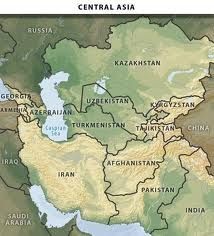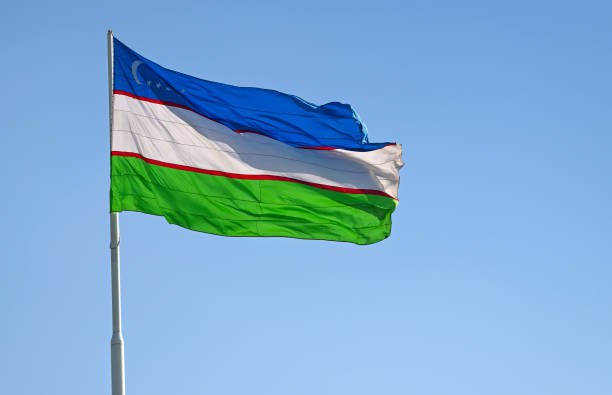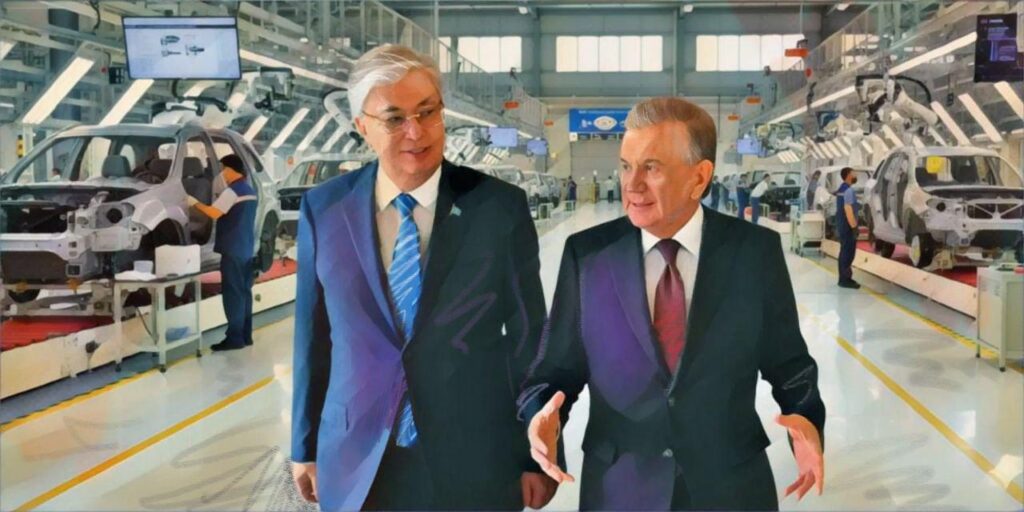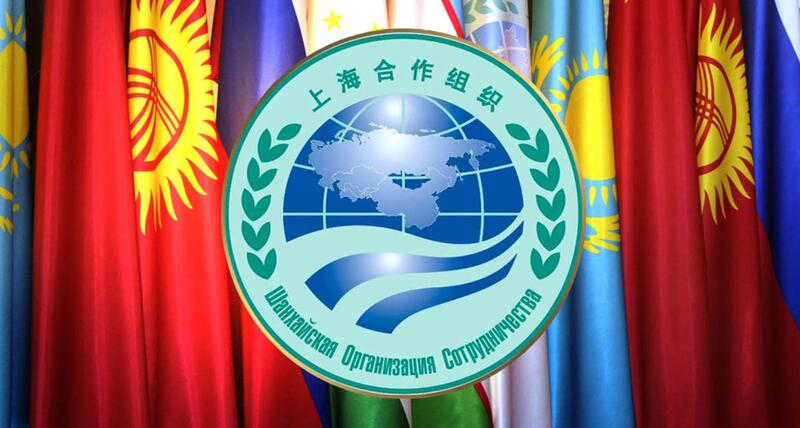TASHKENT (TCA) — A regular meeting of the International Press Club which recently took place in Tashkent discussed such issues as the risk of disagreements between India and Pakistan in the Shanghai Cooperation Organization (SCO) format, and the role and plans of Uzbekistan in the Commonwealth of Independent States (CIS), the Jahon information agency reported.
Commenting on the official entry of new members — India and Pakistan — into the SCO, First Deputy Chairman of the Senate of Uzbekistan’s parliament, Sadik Safayev, said he believes that the new members are very historically and culturally connected with Central Asia, especially with Uzbekistan, adding that “we must proceed from the fact that part of the problems in the region can be removed with the participation of India and Pakistan”.
Talking about the disagreements in the relations between India and Pakistan, Irfan Shahzad of the Islamabad Institute of Political Science (Pakistan) said: “This time we do not expect a repeat of the events that took place within the framework of the work of the South Asian Association for Regional Cooperation (SAARC) and the Economic Cooperation Organization (ECO). Since SAARC and ECO have not justified their hopes, the SCO is becoming a regional organization and a forum of the future for Islamabad”.
A similar point of view was shared by the representative of the Ministry of Foreign Affairs of India G.V. Srinivas. He does not believe that tension with Pakistan will interfere with the work of the bloc: “The SCO is a constructive organization. Cooperation in areas where there is common ground is very beneficial for us of all. It is not necessary that the issues in which we have differences interfere with cooperation”.
A researcher of the Indian Council on Foreign Policy Issues, Aftar Zafar said: “The risks of any negative impact on regional integration are minimal, since Pakistan, according to its mandate in the SCO, is not allowed to raise bilateral issues and impede regional cooperation. Expanding security cooperation through various mechanisms within the organization can help reduce the lack of trust among the members.”
Concerning the future of the Commonwealth of Independent States (CIS), many analysts believe that it is rather pessimistic, and that the organization, after a quarter of a century since its formation, has turned into a formal and inefficient structure. Asked about how much Uzbekistan needs to participate in the Commonwealth, Sadik Safayev said that the CIS space is one of the main priorities for Uzbekistan, and that recently, some measures have been taken to intensify Uzbekistan’s trade with the CIS countries.
In his opinion, “the establishment of dialogue and the strengthening of cooperation in all spheres with the neighboring countries of the region is of particular importance in the updated foreign policy of the state.”
“A big sphere of state interests is connected with the CIS countries, with which we have an extensive legal basis of relations,” Safayev added.









